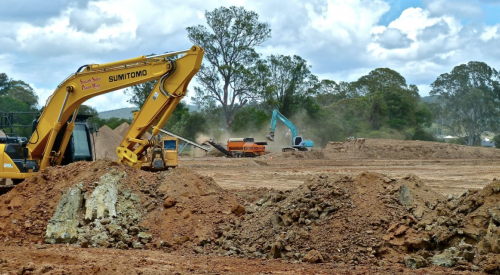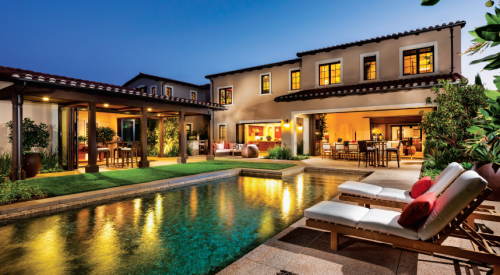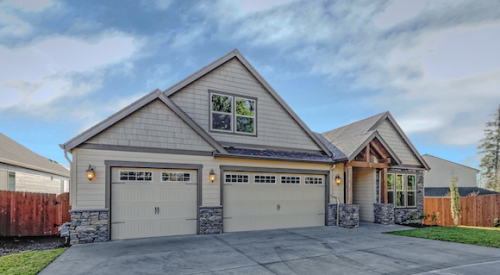 |
||||||||
|
Bigelow Homes' management team works by consensus-building rather than top-down decision-making. Reunning day-to-day operations are from left vice president/construction Tony Spano, founder Perry Bigelow, land development manager Scott Bauer, vice president/controller Jim Smith, vice president/sales Mike Venetis, president Jamie Bigelow and vice president/purchasing Dave Spano.
|
||||||||
|
|
||||||||
It would be rare to find a home builder who has not made a public claim to positively impact society. Ownership housing plays a big role in knitting together the fabric of community in America. But what would happen if social engineering role, along with nurturing the natural environment, became your central reason for being? Would your company be more, or less, profitable?
The answers are on display in just such a company: Aurora, Ill.-based Bigelow Homes, which prominently shows founder Perry Bigelow's mission on its conference room wall: "To honor, glorify and experience God in all relationships and to do good work." Just below is the company purpose, which now inspires a team led by son and president Jamie Bigelow: "To respect and value people, foster interdependent relationships, and respect and care for the natural environment."
As altruistic as these good and green goals are, Bigelow Homes has another attribute: it is also one of this country's most profitable home builders, and it's steady increase in profitability mirrors the maturation of its most ambitious project: HomeTown Aurora. This unique, 173-acre, 1,288-home suburban experiment in building houses in patterns that maximize the social interaction of neighbors, also walks softly on the land. Now in its sixth year of closings, its thriving success proves the validity of the Bigelow vision. Building a carefully crafted town that nurtures humans of all ages is not only better for residents than what the Bigelows call "commodity housing," it's also more profitable.












